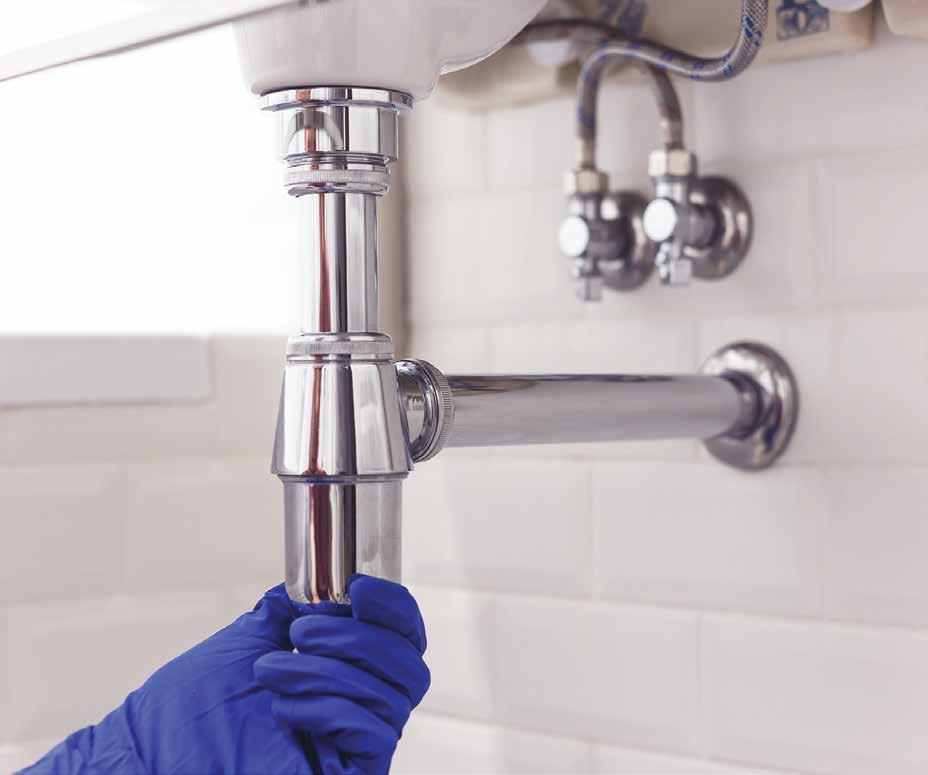
2 minute read
CHECKLIST
Up to speed
Even when your home’s infrastructure is functioning as it should, it is good practice to check in on each component periodically to ensure they stay in good shape.
Advertisement
Visual checks on electrical areas, plumbing pipes, appliances and other aspects of a home are sometimes all one needs to do for maintenance. Any signs of leaking, overheating or rusting are best caught early, as the damage can worsen over time.
“As much as possible, it’s better to prevent something from happening than to wait for it to happen and you have to call someone about it,” said Appliance Specialist Guam owner Salvador “Buddy” Haber.
The first rule for a do-it-yourself maintenance is to keep your area clean, Haber said. Get rid of any dust accumulation with a damp cloth. Make sure that appliances have enough “breathing room” to operate and they are stored in spaces suitable for them.
Haber also recommended a periodic cleaning of washers, dryers and refrigerators — the three big white goods in a home. Some washers and dryers have a selfcleaning option, but it is also better to clean them manually, like wiping down the barrels and removing lint buildup or solid objects like coins. Refrigerators occasionally experience ice buildup. If this is the case, clear excessive ice away from the cooling vent and ensure the door can close properly.
“It’s not easy to throw away white goods when they don’t work anymore, so try to make them last as long as possible,” Haber said.
For other maintenance checks, certified professional inspector and owner of Guam Home Inspections Richard Ulloa shared some tips for various parts of the home:
Roofs: Water blast the surface to remove buildup. After surface cleaning, allow some time to dry before applying a roof coating to seal the concrete surface. Roof coating helps seal the concrete roof and keeps it from absorbing moisture that can cause rusting of the internal rebars, which will eventually lead to leaks and cracks.
Driveways and walkways: Buildup on exterior walking surfaces is very slippery and can cause slips and falls, so water blast the surface as needed.
Doors and windows: Check all windows and doors to make sure they open and close properly and that all the locks work. Lubricate locks, hinges and rollers as needed.
Electrical: Check all light switches and outlets to make sure they are not loose or broken. Test all ground-fault circuit interrupter outlets to make sure they are working.
Plumbing: Check all valves and plumbing fixtures for leaks. Even small drips will increase your monthly water bills. Check faucet aerators for clogs from hard water deposits. p




